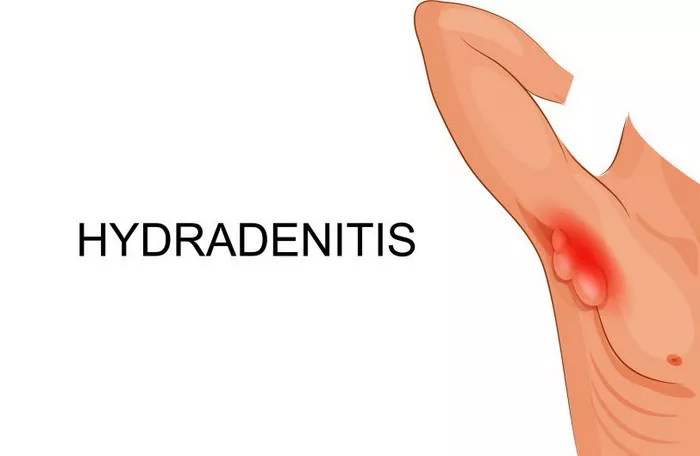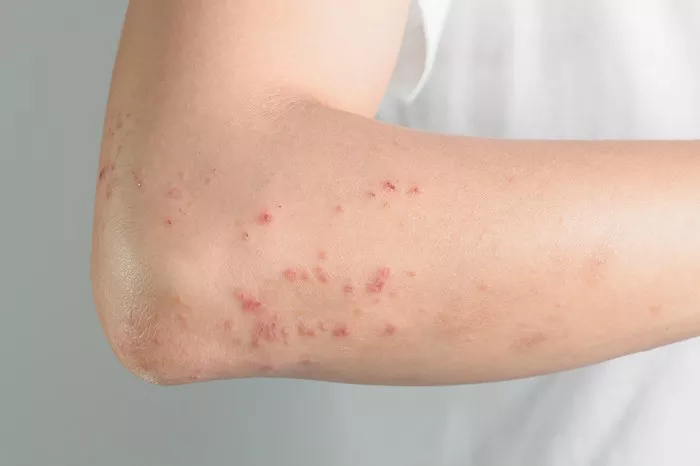Psoriasis is a chronic skin condition characterized by red, scaly patches, which can be particularly challenging when it affects the scalp. Scalp psoriasis can lead to intense itching, flaking, and discomfort, making it difficult to manage. Among various treatment options, glycolic acid has emerged as a potential remedy. This article explores the efficacy and safety of glycolic acid in treating scalp psoriasis, providing a comprehensive analysis of its benefits and potential drawbacks.
Understanding Scalp Psoriasis
Scalp psoriasis is a common form of psoriasis that specifically affects the scalp, though it can extend to the forehead, back of the neck, and behind the ears. It is an autoimmune disorder wherein the body’s immune system mistakenly attacks healthy skin cells, leading to rapid cell turnover. This accelerated cell production results in the buildup of dead skin cells on the surface, forming thick, scaly patches.
Symptoms of scalp psoriasis can range from mild to severe and may include:
- Red patches on the scalp
- Silvery-white scales or plaques
- Dry scalp
- Itching and soreness
- Bleeding from scratching
- Temporary hair loss
The exact cause of psoriasis is not fully understood, but genetic and environmental factors are believed to play significant roles. While there is no cure for psoriasis, various treatments aim to control symptoms and prevent flare-ups.
Glycolic Acid: An Overview
Glycolic acid is an alpha-hydroxy acid (AHA) derived from sugar cane. It is widely used in skincare products for its exfoliating properties, which help in removing dead skin cells and promoting cell renewal. Glycolic acid works by breaking down the bonds between dead skin cells, allowing them to be shed more easily. This property makes it a popular ingredient in treatments for acne, hyperpigmentation, and aging skin.
Given its exfoliating capabilities, glycolic acid has been considered for managing scalp psoriasis, where the removal of dead skin cells and scales is crucial.
The Role of Glycolic Acid in Treating Scalp Psoriasis
Exfoliation and Scale Removal
One of the primary challenges in managing scalp psoriasis is the buildup of thick, scaly patches. These scales can be difficult to remove and often lead to discomfort and itching. Glycolic acid, with its potent exfoliating properties, can help in softening and loosening these scales, making them easier to remove. Regular use of glycolic acid can aid in maintaining a cleaner scalp, reducing the severity of scaling and preventing the recurrence of thick plaques.
Enhancing Skin Absorption
The removal of dead skin cells through exfoliation also improves the absorption of other topical treatments. In scalp psoriasis, medicated shampoos and topical steroids are commonly used to reduce inflammation and control symptoms. By using glycolic acid to clear away scales, these treatments can penetrate more effectively into the skin, potentially enhancing their efficacy.
Reducing Inflammation
There is evidence suggesting that glycolic acid may have anti-inflammatory properties. Inflammation is a key component of psoriasis, and reducing it is crucial for managing the condition. While glycolic acid is not a primary anti-inflammatory agent, its ability to promote healthier skin turnover and reduce the buildup of irritating scales can indirectly contribute to reducing inflammation and soothing the scalp.
Research and Evidence
Scientific research on the specific use of glycolic acid for scalp psoriasis is limited but promising. Some studies have investigated the broader application of glycolic acid in treating various dermatological conditions, including psoriasis.
A study published in the Journal of the American Academy of Dermatology examined the effects of glycolic acid on plaque psoriasis. The results indicated that glycolic acid could effectively reduce the thickness of plaques and improve skin texture. Patients reported significant relief from itching and discomfort, suggesting that glycolic acid might be beneficial for scalp psoriasis as well.
Another study focused on the combination of glycolic acid with other treatments for psoriasis. The findings revealed that glycolic acid enhanced the efficacy of topical corticosteroids, leading to better management of symptoms compared to corticosteroids alone. This synergy underscores the potential of glycolic acid as an adjunctive treatment for scalp psoriasis.
SEE ALSO: What Causes Psoriasis Vulgaris
Application and Safety Considerations
Proper Use of Glycolic Acid
When considering glycolic acid for scalp psoriasis, it is essential to use it correctly to avoid potential side effects. Here are some guidelines for its application:
1. Start with a Lower Concentration: Glycolic acid products come in various concentrations, typically ranging from 5% to 30% or higher. For sensitive areas like the scalp, starting with a lower concentration (around 5-10%) is advisable to gauge skin tolerance.
2. Patch Test: Before applying glycolic acid to the entire scalp, perform a patch test on a small area to check for any adverse reactions.
3. Follow Instructions: Use glycolic acid products as directed by the manufacturer or your dermatologist. Overuse can lead to irritation and potential damage to the scalp.
4. Combine with Moisturizers: Glycolic acid can be drying, so it is crucial to follow up with a moisturizing product to maintain scalp hydration and prevent excessive dryness.
5. Avoid Open Wounds: Do not apply glycolic acid to broken or severely inflamed skin to prevent further irritation.
Potential Side Effects
While glycolic acid can be beneficial, it is not without potential side effects. Common side effects include:
- Irritation and redness
- Dryness and flaking
- Sensitivity to sunlight
To minimize these risks, it is important to use glycolic acid under the guidance of a healthcare professional, especially for individuals with sensitive skin or severe scalp psoriasis.
Contraindications
Glycolic acid may not be suitable for everyone. Individuals with certain conditions or sensitivities should exercise caution or avoid its use altogether. Contraindications include:
- Severe Active Psoriasis: In cases of severe or actively inflamed psoriasis, glycolic acid might exacerbate symptoms.
- Allergies: Those with a known allergy to glycolic acid or similar substances should avoid its use.
- Sun Sensitivity: Glycolic acid can increase sun sensitivity, so individuals who are frequently exposed to sunlight should take precautions to protect their scalp.
Integrating Glycolic Acid into a Scalp Psoriasis Treatment Plan
Consulting a Dermatologist
Before incorporating glycolic acid into your scalp psoriasis treatment plan, it is crucial to consult with a dermatologist. A healthcare professional can assess your condition, recommend appropriate products and concentrations, and provide guidance on safe and effective use.
Combination Therapy
Glycolic acid is often most effective when used in combination with other treatments. For scalp psoriasis, this might include:
- Medicated Shampoos: Tar-based shampoos, salicylic acid shampoos, and antifungal shampoos can be used alongside glycolic acid to control scaling and inflammation.
- Topical Corticosteroids: These can help reduce inflammation and itching, and their efficacy may be enhanced when used after exfoliating with glycolic acid.
- Moisturizers: Regular use of moisturizers can prevent dryness and maintain scalp health.
Monitoring and Adjusting Treatment
Managing scalp psoriasis often requires ongoing monitoring and adjustment of treatment strategies. Keep track of your symptoms, note any changes or improvements, and communicate with your dermatologist regularly to ensure the best outcomes.
Conclusion
Glycolic acid shows promise as a treatment option for scalp psoriasis due to its exfoliating properties and potential to enhance the efficacy of other topical treatments. By helping to remove scales and improve skin texture, glycolic acid can alleviate some of the discomfort associated with scalp psoriasis. However, it is essential to use glycolic acid correctly and under professional guidance to avoid potential side effects and ensure safety.
As with any treatment, individual responses to glycolic acid may vary, and what works for one person may not be effective for another. Therefore, a personalized approach, guided by a healthcare professional, is key to successfully managing scalp psoriasis and achieving the best possible results.
Related Topics:
























